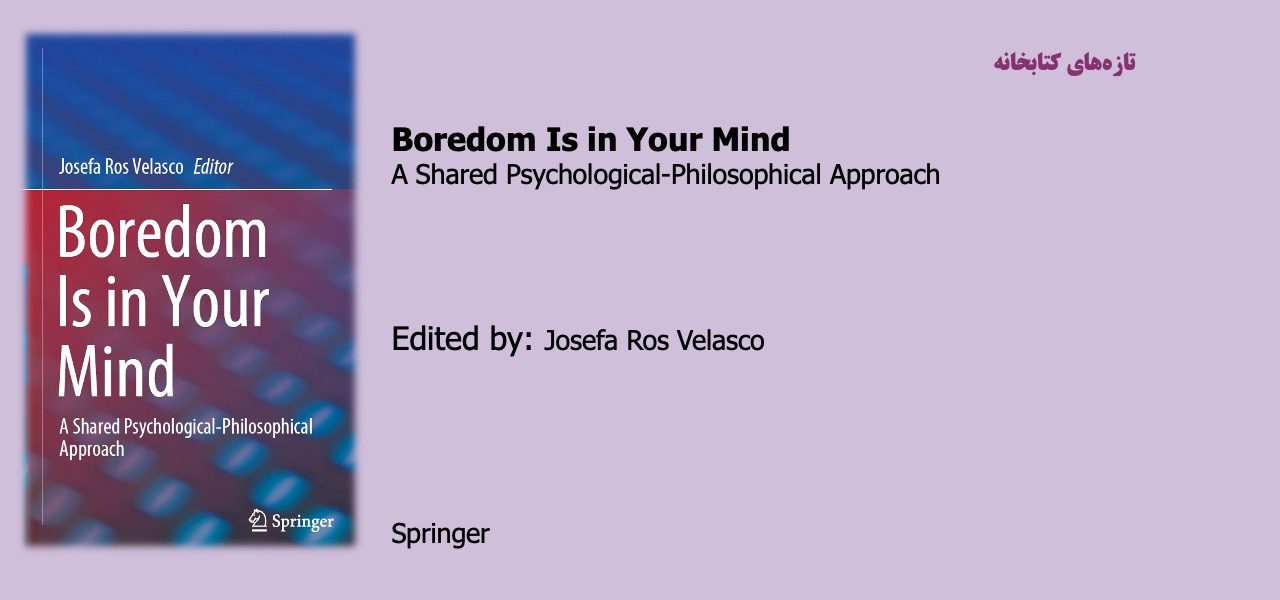Boredom Is in Your Mind

A Shared Psychological-Philosophical Approach Boredom has been considered the punishment of the entire humanity throughout its lengthy history. Authors like Siegfried Wenzel (1967), Reinhard Kuhn (1976), and Peter Toohey (2011) have demonstrated that boredom was part of the daily lives of the ancient and medieval peoples, and Patricia Meyer Spacks (1995) and Lars Svendsen (1999) have explained it is the son of modernity. Whatever, the ancients understood it as a shameful emotion resulting from the lack of dedication to the public affairs; in the Middle Ages, it became a sin inside the walls of the monasteries under the names of acedia or demon of noontide; and the modernity made of it the correlate of the rationalized time, the pre-planned entertainment, and the existential feeling of angst and nonsense. We have to admit we are talking about an old, even very old phenomenon. Perhaps so old that some philosophers have suggested that it was the metaphysical principle of the world—as the German thinker Hans Blumenberg did in Beschreibung des Menschen [Description of man] (2006)—the Gods’most commonmood—Nietzsche said inDer Antichrist [The antichrist] (1895)— and the Gods’ reason to create us—according to Kierkegaard’s words in Enten— Eller [Either/Or] (1843). The phenomenon of boredom was commonly addressed from its sociocultural condition by philosophers, theologists, and sociologists in the past. Almost none treatise on boredom as a medical condition was launched then, except for those in which boredom was linked to another well-known affection, melancholy, during the Renaissance and the early modern times and, going back to previous eras, these superficial mentions that pulled together boredom and depression. From the eighteenth to the twentieth century, what proliferated were, overall, the literary works of those who found in writing the remedy for coping with ‘the boredom’ they used to call ‘disease,’ metaphorically speaking.
مطالب مرتبط

کتاب تمرین درمان شناختی – رفتاری برای مشکلات سلامت روان
۱ / اردیبهشت / ۱۴۰۴

درآمدی بر روانشناسی خرد
۱ / اردیبهشت / ۱۴۰۴

سرشت – چگونه سیمکشی مغزهای ما هویت ما را تعیین میکنند؟
۱ / اردیبهشت / ۱۴۰۴

